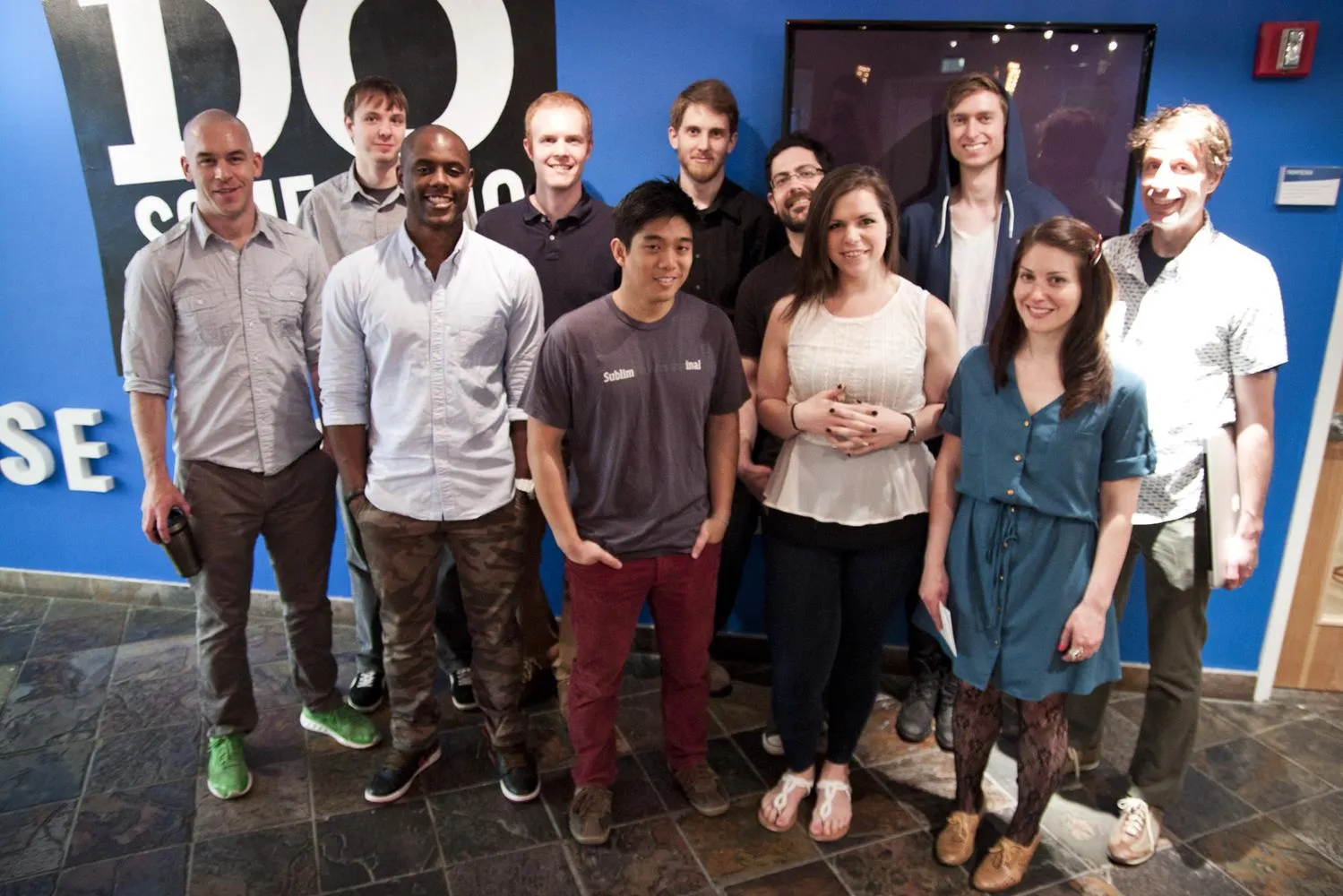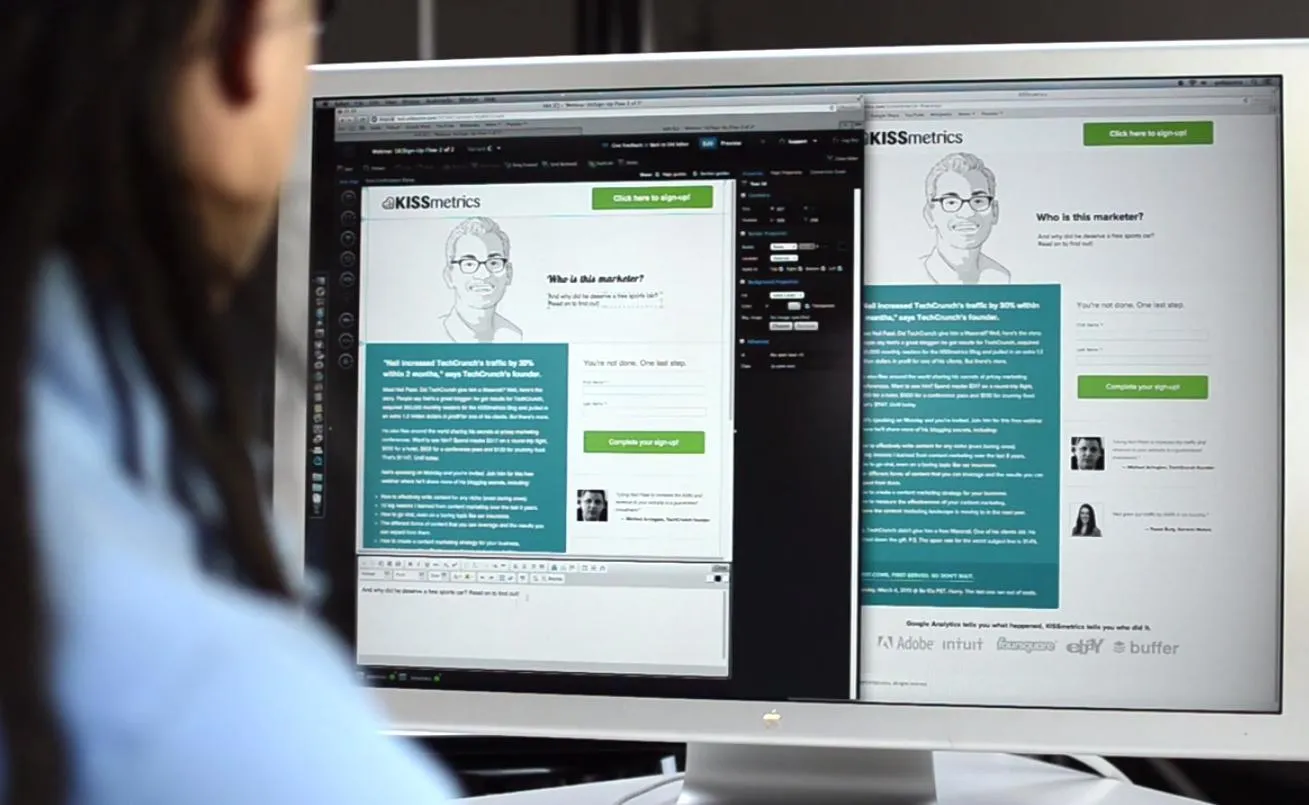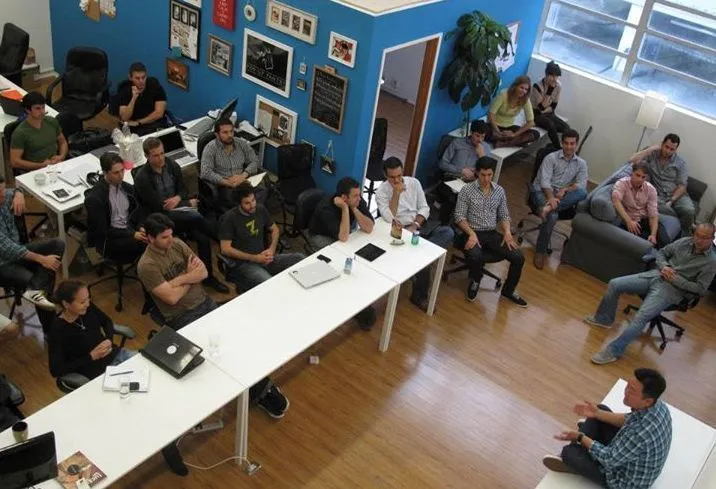In today's fast-paced digital world, staying informed is essential, but it can also lead to information overload. With so many sources vying for our attention, it's crucial to adopt strategies to manage the flow of information. Here are three effective ways to stay informed without becoming overwhelmed.
1. Curate Your Information Sources
One of the first steps to avoiding information overload is to carefully curate your information sources. Instead of following every news outlet, blog, or social media account, focus on a select few that consistently provide quality content. This will help you filter out noise and concentrate on what truly matters.
Consider using an RSS feed or an app like Feedly to aggregate content from your chosen sources. This allows you to see updates in one place without visiting multiple websites. Additionally, you can categorize your sources based on topics that interest you, such as tech news, politics, or health and wellness.
Here's a simple table to help you organize your curated sources:
| Source Type | Source Name | Frequency of Updates |
|---|---|---|
| News Website | The Guardian | Daily |
| Blog | TechCrunch | Weekly |
| Podcast | The Daily | Daily |
| Newsletter | Morning Brew | Daily |
2. Set Time Limits
Another effective strategy to manage information overload is to set time limits on how long you spend consuming content. It's easy to get lost in a rabbit hole of news articles, social media updates, or videos. By establishing specific time slots for staying informed, you can maintain balance and prevent burnout.
Consider dedicating 30 minutes in the morning and 30 minutes in the evening to catch up on news. Use a timer to hold yourself accountable. This structured approach allows you to stay updated without feeling overwhelmed. During these sessions, focus only on the top news stories or topics that directly impact your life.
To help visualize your time management, here’s a sample schedule:
| Time Period | Activity |
|---|---|
| 7:00 AM - 7:30 AM | Check news headlines and top stories |
| 12:00 PM - 12:30 PM | Read a curated article or blog post |
| 6:00 PM - 6:30 PM | Listen to a news podcast |
3. Leverage Technology
In the digital age, technology can be your greatest ally in managing information consumption. There are numerous tools and apps designed to help you stay informed without feeling overwhelmed. For instance, news aggregators compile articles from various sources based on your interests, allowing you to get a comprehensive view without the chaos of multiple platforms.
Applications like Pocket or Instapaper let you save articles for later, enabling you to read them at your own pace. This is particularly useful for long-form content that requires more time and focus. Additionally, you can use social media management tools to filter and prioritize content from your networks, ensuring you only see updates that are relevant to you.
Here’s a chart showcasing some popular tools and their benefits:
| Tool/App | Function | Best For |
|---|---|---|
| Feedly | RSS aggregator | Curating news sources |
| Article saver | Reading later | |
| Buffer | Social media management | Prioritizing posts |
| Personalized news | Visual content consumption |
By implementing these three strategies, you can effectively stay informed about the topics that matter most to you without becoming overwhelmed. Curating your sources, setting time limits, and leveraging technology are powerful techniques that will help you maintain a healthy relationship with information. Remember, the goal is to be informed, not inundated.





